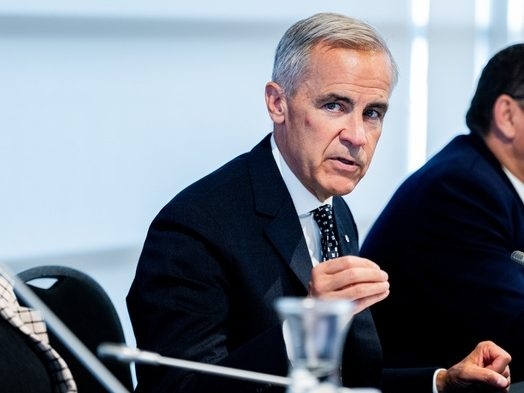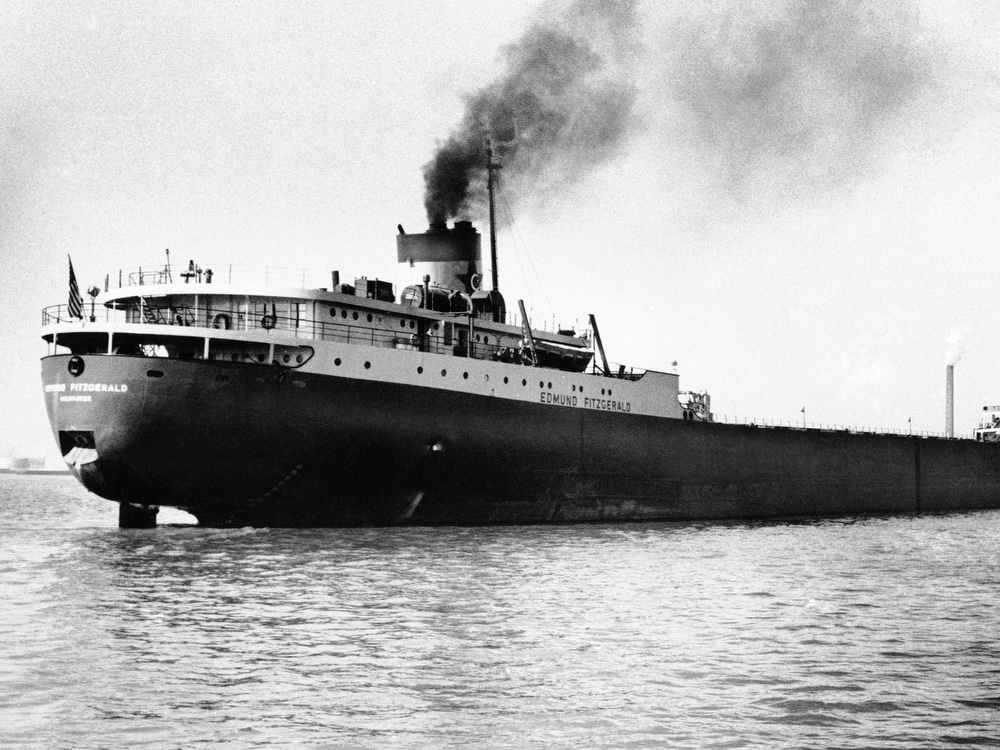A chilling discovery has emerged in the investigation of Tuesday’s devastating cargo plane crash in Louisville, Kentucky: the left engine detached from the UPS aircraft during takeoff. The National Transportation Safety Board (NTSB) confirmed this critical detail, painting a grim picture of the moments leading up to the fiery impact.
UPS Flight 2976 plummeted into a Kentucky Petroleum Recycling building shortly after departing Louisville Muhammad Ali International Airport at approximately 5:15 p.m. ET. The aircraft carried three crewmembers and over 200,000 pounds of fuel, transforming a routine flight into a catastrophic event.
The human cost is staggering. At least eleven lives have been lost, including the three crewmembers and a young child on the ground. Eleven more individuals sustained injuries, leaving a community reeling from unimaginable loss and grief. Governor Andy Beshear anticipates this tragic number may rise.
While the precise cause remains under investigation, the detached engine is a central focus. Preliminary reports indicate no delays preceded the flight, and no maintenance was performed on the aircraft immediately before takeoff. There are currently no known airworthiness directives linked to the plane or its engines.
The FBI is assisting the NTSB, operating under a long-standing interagency agreement. The nature of this assistance, and whether criminal intent is suspected, remains unclear. Investigators are meticulously working to determine the full scope of the cargo onboard.
The Louisville UPS hub handles a vast and vital stream of goods daily – everything from life-saving medications and postal deliveries to essential food and supplements. The potential impact of this disruption on supply chains is significant.
A crucial breakthrough came Wednesday afternoon with the recovery of the cockpit voice recorder and flight data recorder, often referred to as the “black box.” Despite exposure to intense heat, the recorders appear to be intact and are being transported to the NTSB’s lab in Washington, D.C. for analysis.
The NTSB has assembled specialized teams to dissect every aspect of the crash. These groups will examine flight history, wreckage patterns, engine performance, aircraft systems, and maintenance records, leaving no stone unturned in the pursuit of answers.
The aircraft itself had been in service for nearly 35 years, according to Federal Aviation Administration (FAA) records. The FAA is balancing the need for a thorough investigation with the urgent requirement to reopen airport runways, vital for maintaining essential supply chain operations.
Louisville is home to UPS Worldport, the company’s largest package-handling facility and a critical global air cargo hub. UPS is the largest employer in the city, providing 26,000 jobs, underscoring the far-reaching consequences of this disaster.
Governor Beshear declared a state of emergency to facilitate recovery efforts, acknowledging the heartbreaking reality of the situation. He urged continued prayers for the families and loved ones of those affected.
The NTSB will convene an organizational meeting to formally include relevant parties in the investigation – the aircraft manufacturer, operator, labor unions, and government agencies. Once designated, these parties will be restricted from public comment without NTSB approval.
Importantly, the ongoing federal government shutdown will not impede the investigation. The NTSB is fully equipped to proceed with its critical work, determined to uncover the truth behind this devastating tragedy.





